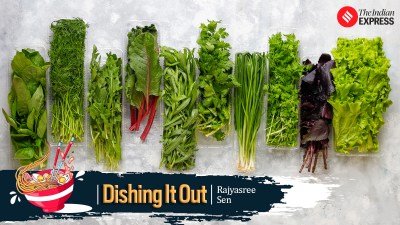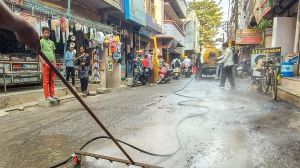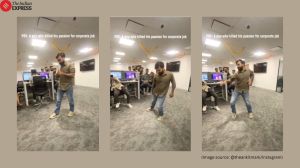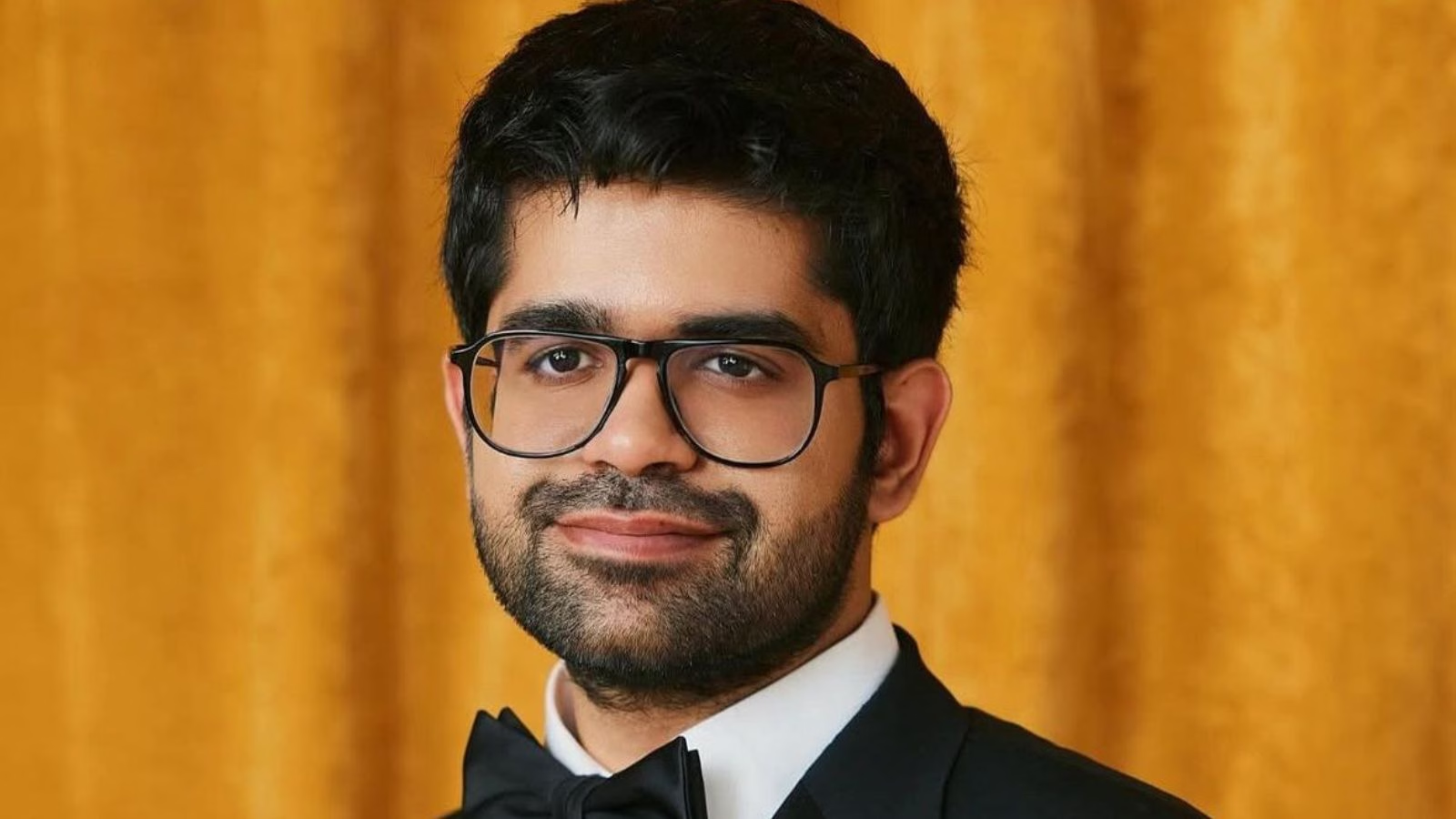A community, strangely connected
The liberal ambience of Lucknow where I grew up ensured I was unconscious of my Muslim identity. The Babri masjid demolition made me aware I...

The liberal ambience of Lucknow where I grew up ensured I was unconscious of my Muslim identity. The Babri masjid demolition made me aware I was a Muslim. The Gujarat riots underlined my difference with others because of being a Muslim. And yet, being Muslim is hardly an emotive issue for me.
There are some moments in a community8217;s life that can impose an artificial sense of connectedness. The September 11 tragedy and the Afghan and Iraq wars are such defining moments for Muslims. These events and the global campaign against them they unleashed has made Muslims all over the world feel connected as never before. This was evident as I holidayed in Europe immediately after the Iraq war.
We have never been made to feel so conscious of our Muslim self as in this trip. In England where we felt perfectly comfortable, our Muslim British Asian friends thought we needed reassurance. They emphasised how we were not vulnerable as Muslims because the government8217;s stand on the war had popular disapproval. In France, everywhere we went people asked us if we were Muslims. And smiled as if to say we welcome you despite that! Our experiences in Spain were even more revealing. We were in southern Spain, Andalusia, which in medieval times had been the fulcrum of Islamic art and architecture as an extension of the Umayyad Caliphate. As we absorbed the beauty of the world famous Alhambra in Granada, the mosque at Cordoba and strolled over to the ruins of what was until the 12th century the civilisation fountain of Islamic grandeur, we were struck by the sheer number of Muslim tourists from all over the world. They were conspicuous by their headgears and by the sadness in their eyes. There was an unsaid sorrow that connected them. After the destruction and indignity in Iraq the tours to these erstwhile sites of Islamic grandeur were ways to rebuild a sense of Muslim dignity and self. We too were swept away by this emotion. We too felt strangely connected to each one of these strangers.
A Syrian couple walked up to us and said in broken English: 8216;8216;First defeat for us here in Granada, second defeat in Palestine, and third in Iraq.8217;8217; We nodded in silent approval. On the long flight back to Delhi I wondered who was this 8216;us8217; I identified with in Spain. I had hardly anything in common with anyone there. I was convinced that the war against the Muslims has created an artificial pan Islamic community. Connected, yet fissured.
The immigration officer at the IG airport was soon to prove me right. My Muslim name woke him up from his midnight lethargy. He immediately tested my nationalism: 8216;8216;We are winning this match with Pakistan8217;8217;, he said staring to read my reactions. 8216;8216;Will you distribute sweets8217;8217;? Even if in my European holiday I had been forced to identify as a Muslim 8212; with the sorrow of Granada and tears of Baghdad in my heart 8212; at the IG airport I was certainly a Muslim but an Indian one. My battles were different, my story unique.
- 01
- 02
- 03
- 04
- 05































